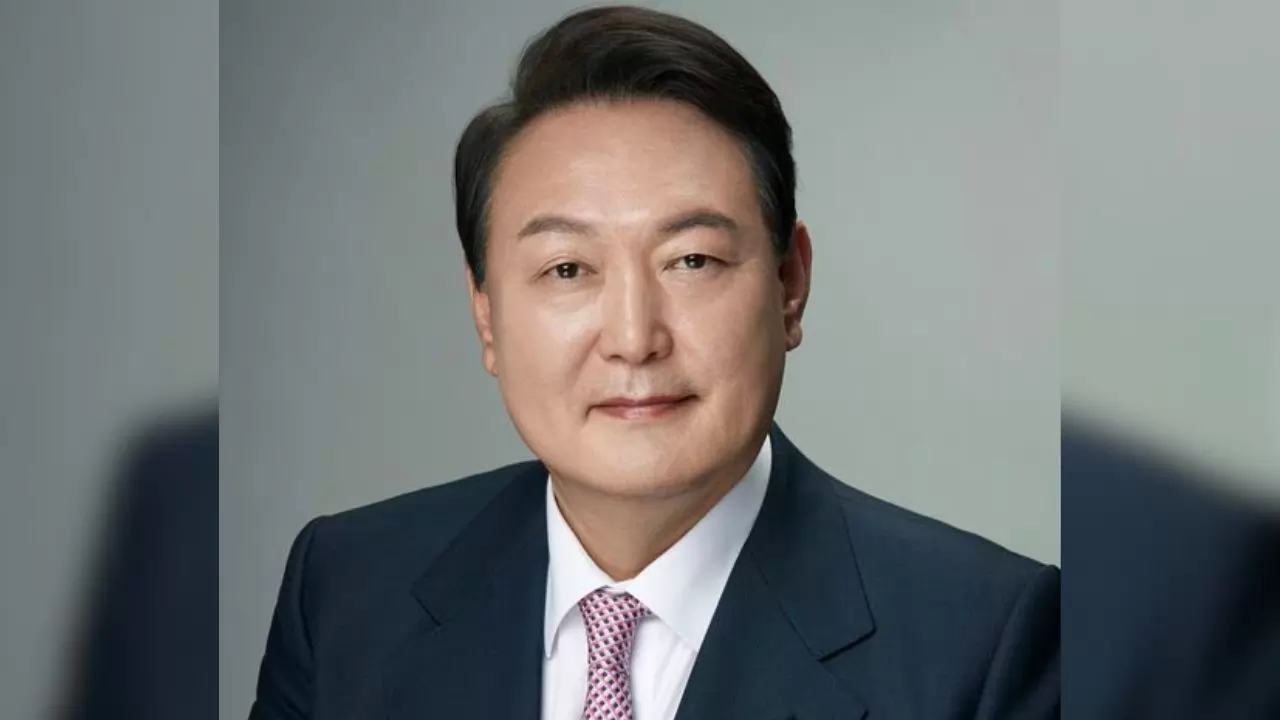
South Korea President Yoon (X/PopBase)
World News: On December 14, 2024, South Korean lawmakers delivered a stunning blow to President Yoon Suk Yeol by voting to impeach him in a significant political upheaval. This impeachment motion was triggered by ongoing investigations related to allegations of rebellion following Yoon's controversial martial law decree issued on December 3. The National Assembly witnessed participation from all 300 members, with 204 lawmakers casting their votes in favor of the impeachment, surpassing the required 200 votes for approval.
In the previous week, Yoon narrowly escaped impeachment when members of his ruling People Power Party (PPP) boycotted the session, allowing him to remain in office temporarily. However, public dissent against his leadership has surged, leading to a dramatic decline in his approval ratings as thousands of citizens rallied in Seoul, both supporting and opposing him.
Yoon's martial law decree, which lasted only six hours, marked the first such measure in South Korea in over four decades. The decree incited massive political turmoil, disrupted diplomatic activities, and unsettled financial markets. Following its announcement, Yoon deployed hundreds of troops and police officers to the parliament in an attempt to obstruct lawmakers from voting against the decree.
However, the military presence was withdrawn after the parliament unanimously voted to overturn it.In a speech prior to the impeachment vote, Yoon defended his actions vehemently. He described his martial law order as a necessary measure for governance and claimed it was aimed at warning the liberal opposition Democratic Party, which he labeled as 'anti-state forces.' He stated, 'I will fight to the end to prevent the forces and criminal groups that have been responsible for paralyzing the country’s government and disrupting the nation’s constitutional order from threatening the future of the Republic of Korea.'
The backlash against Yoon's martial law declaration was swift. Democratic Party leader Lee Jae-myung condemned Yoon's rhetoric as a 'mad declaration of war' against the South Korean populace. The political landscape has become increasingly polarized, with large demonstrations occurring across Seoul as citizens demand accountability and change.
Following the successful impeachment vote, Yoon's fate now rests with the Constitutional Court, which will determine whether to restore him to power or permanently remove him from office. If upheld, he will join Park Geun-hye as only the second president in South Korean history to be impeached. Park was ousted in 2017 after facing similar allegations related to corruption and abuse of power.
As South Korea grapples with this political crisis, Prime Minister Han Duck-soo is set to assume the role of acting president while investigations into Yoon's actions continue. The court's decision could take up to six months, during which time Yoon remains barred from exercising his presidential duties.
The implications of this impeachment extend beyond Yoon himself; they signal a critical moment for South Korean democracy and governance. With public sentiment against Yoon intensifying and calls for transparency growing louder, the nation stands at a crossroads that could redefine its political landscape for years to come.





Copyright © 2025 Top Indian News
